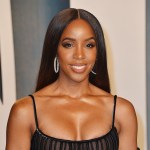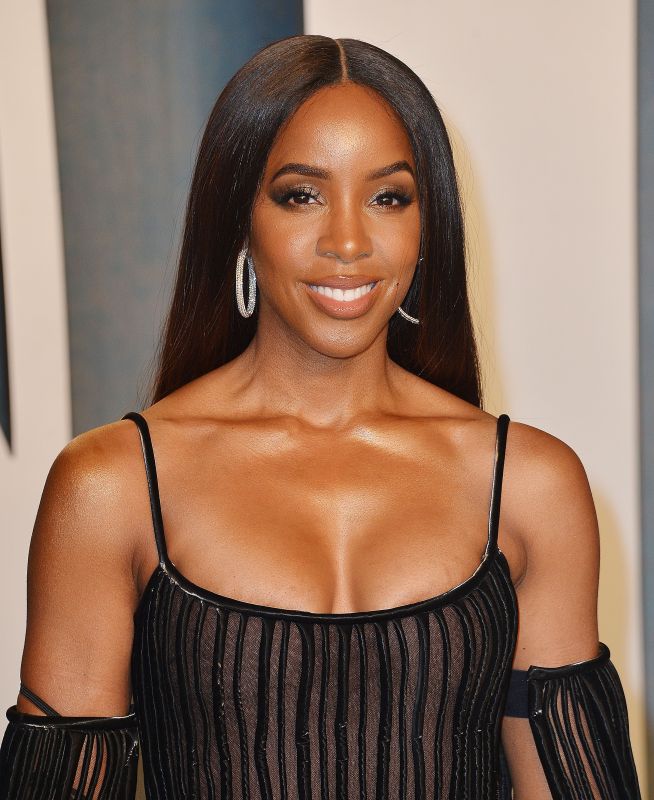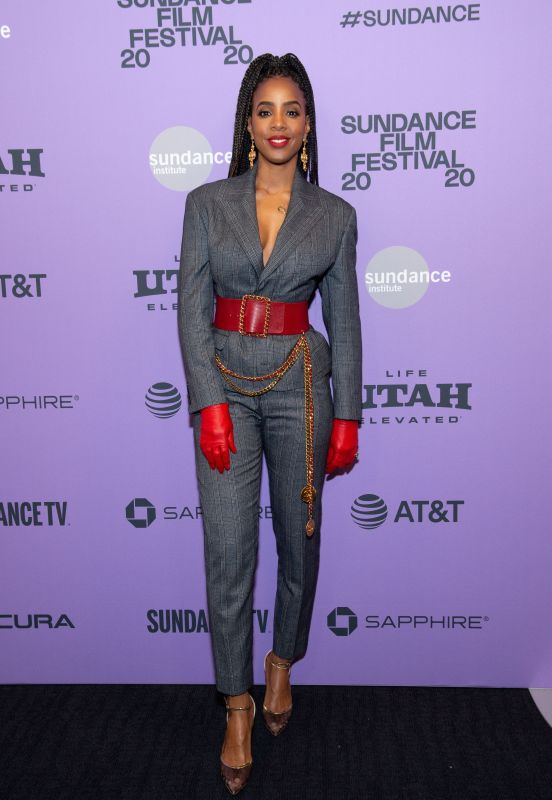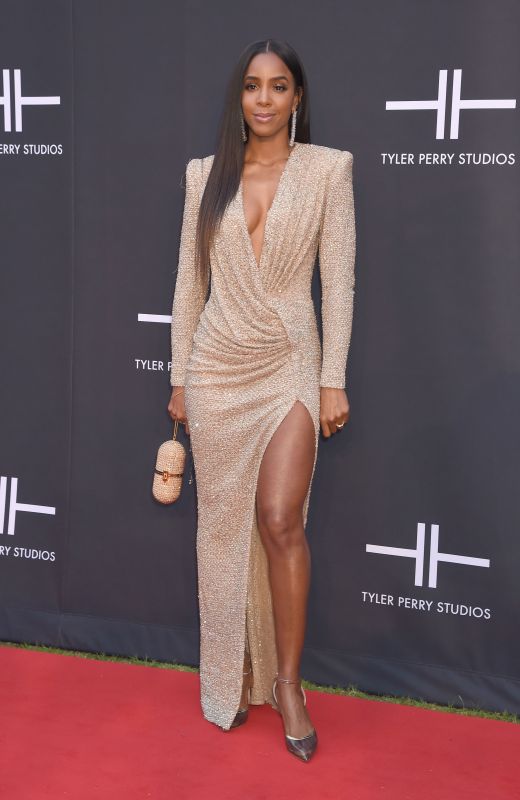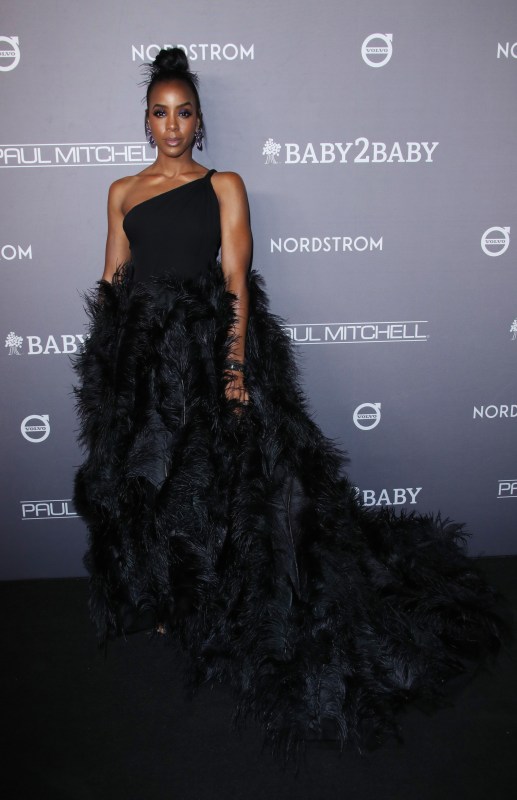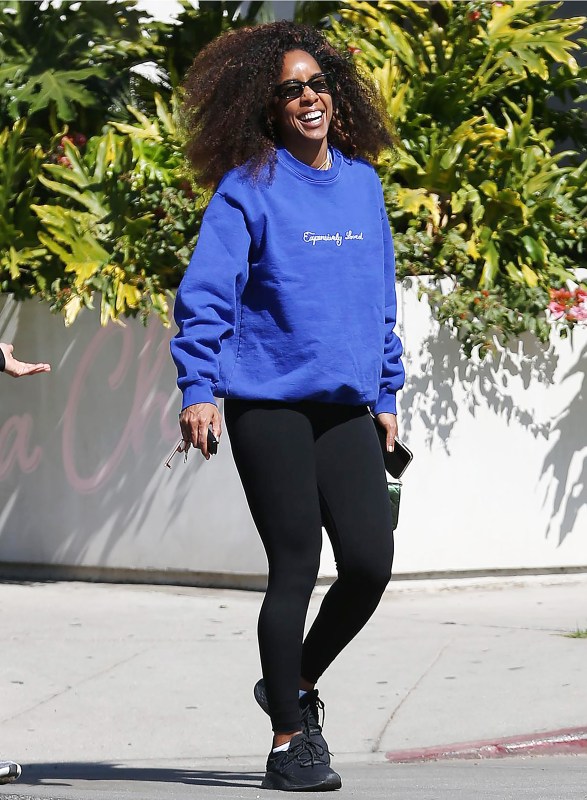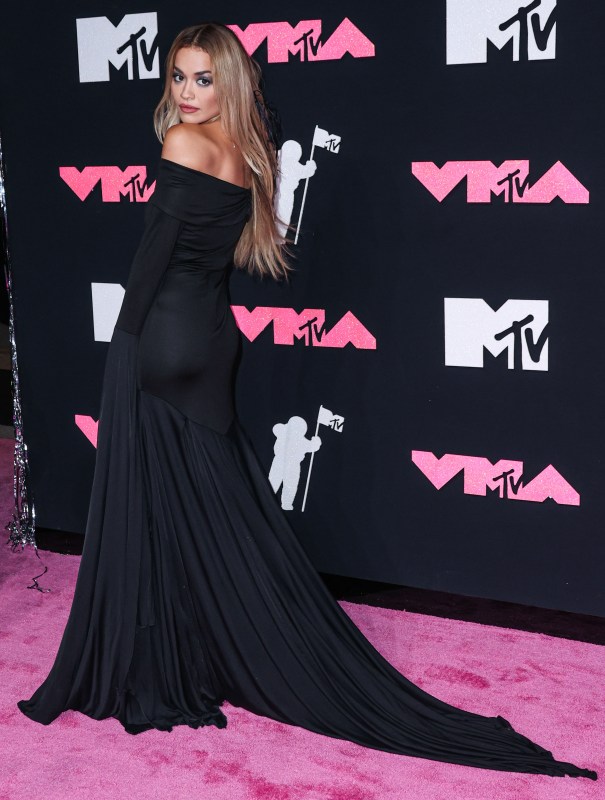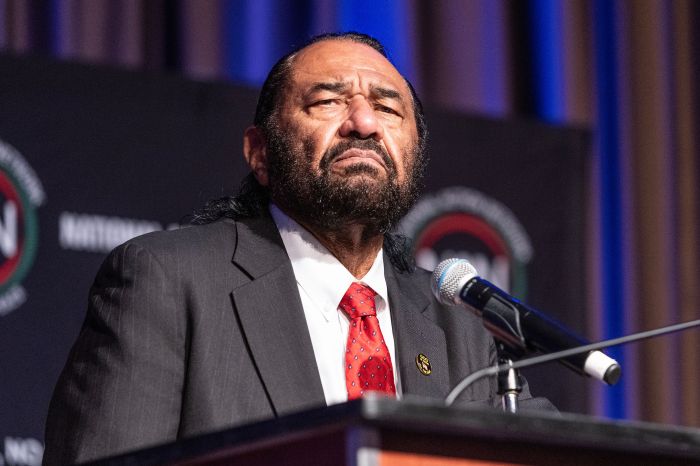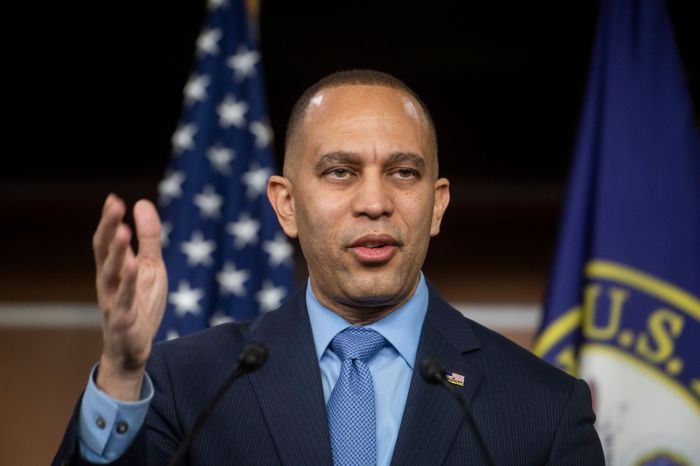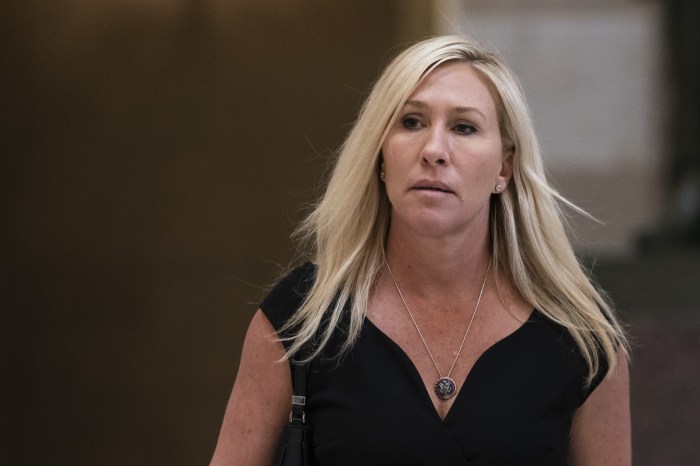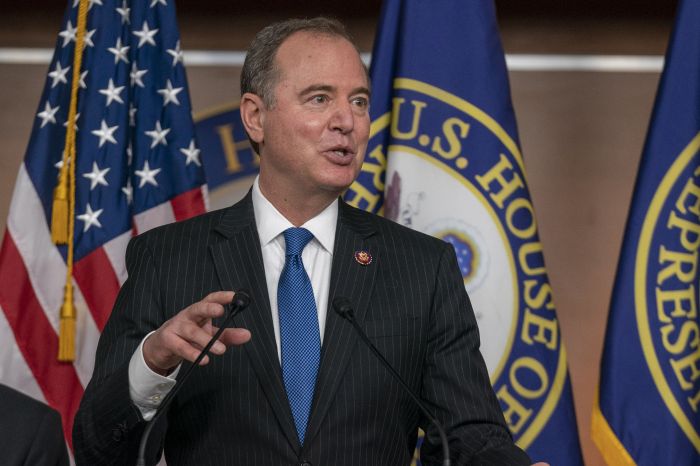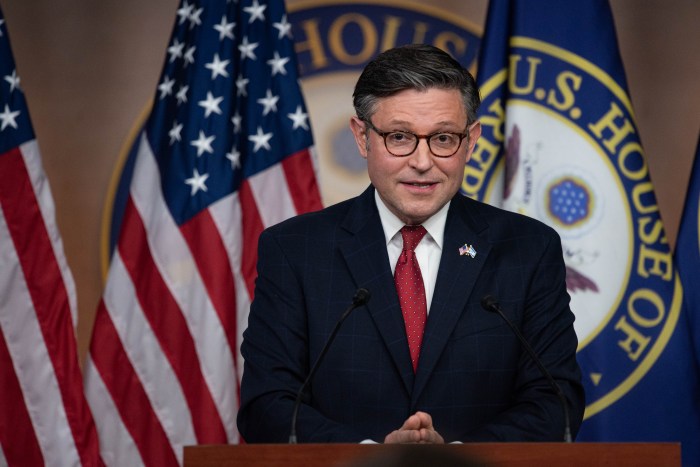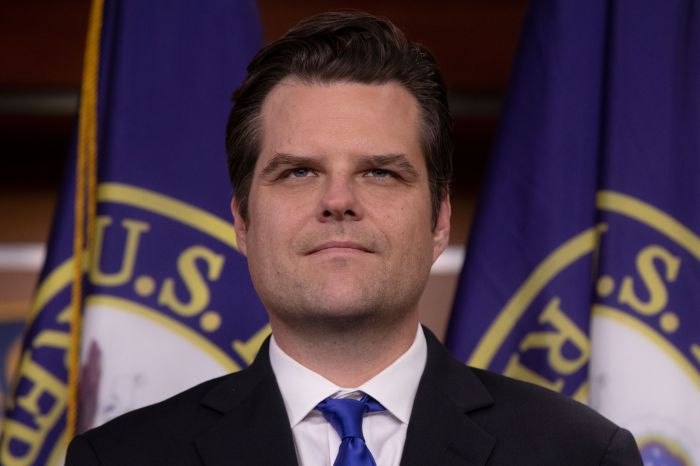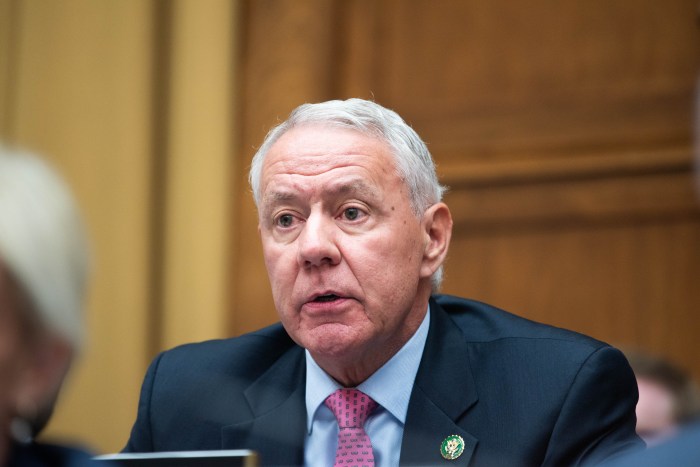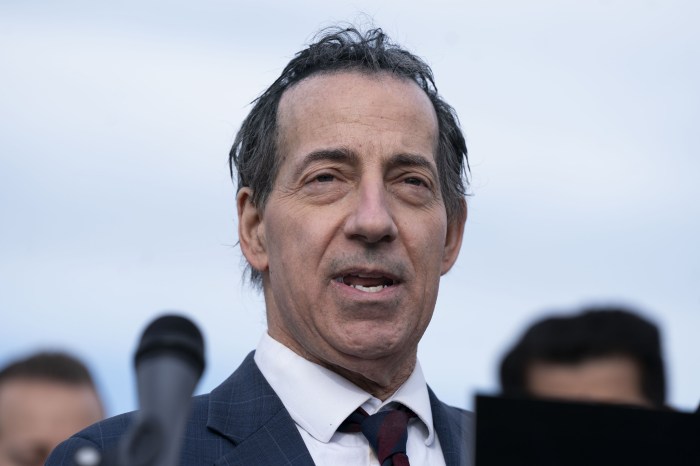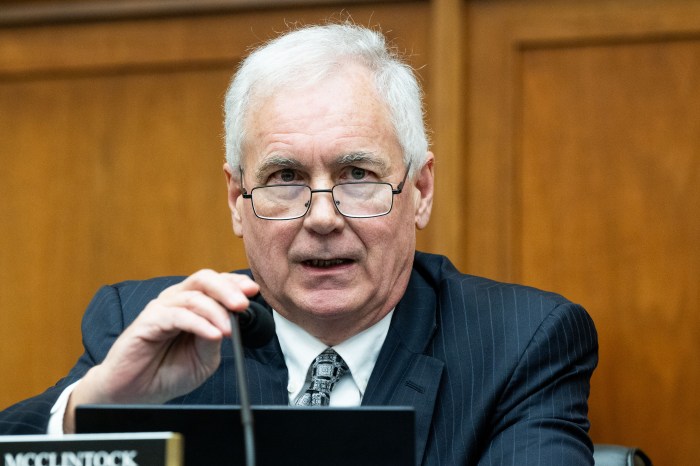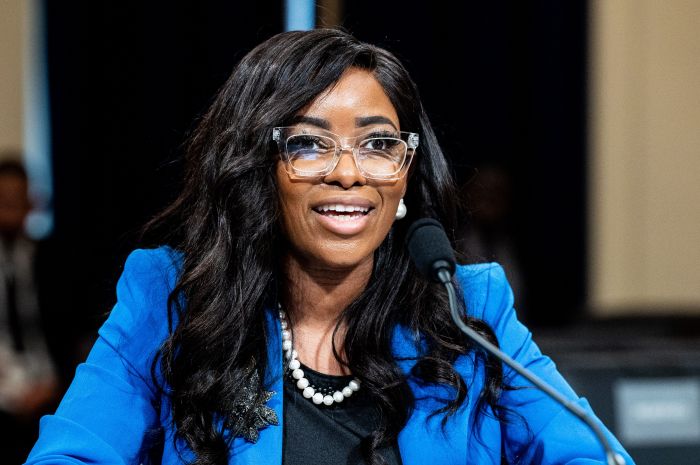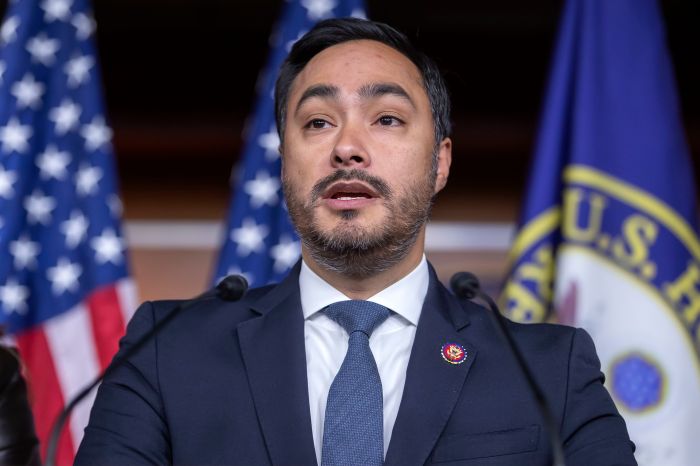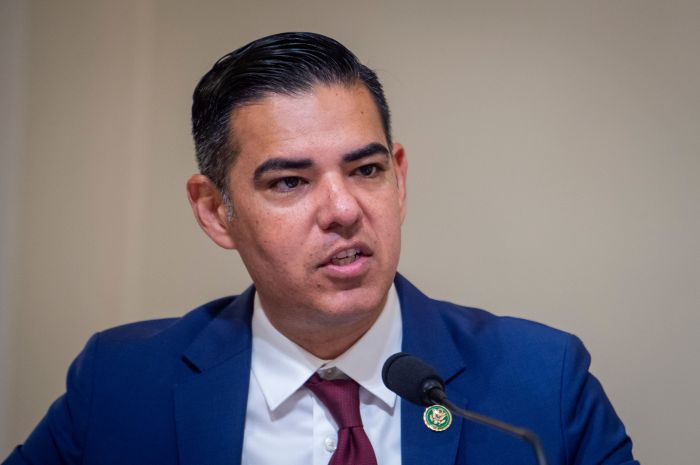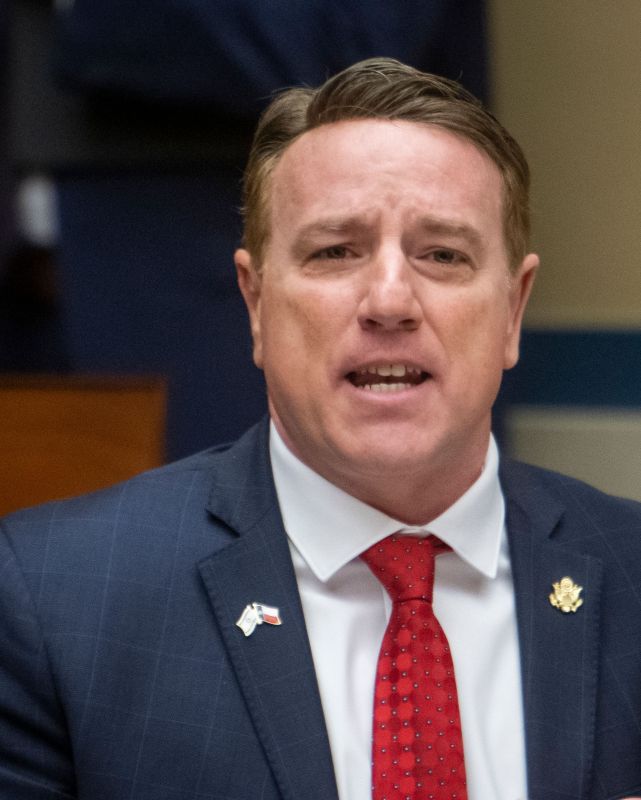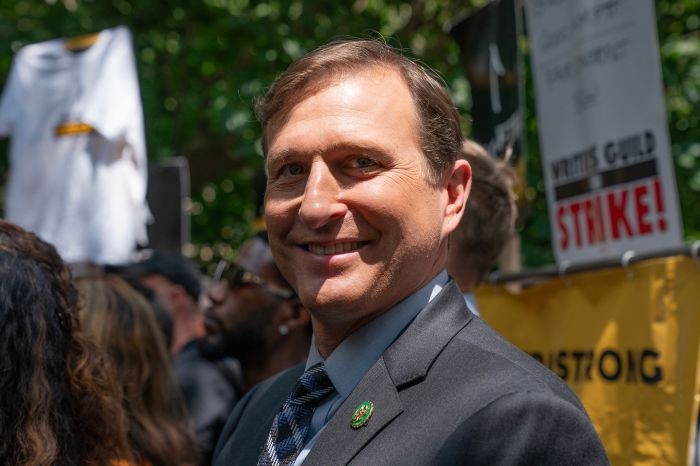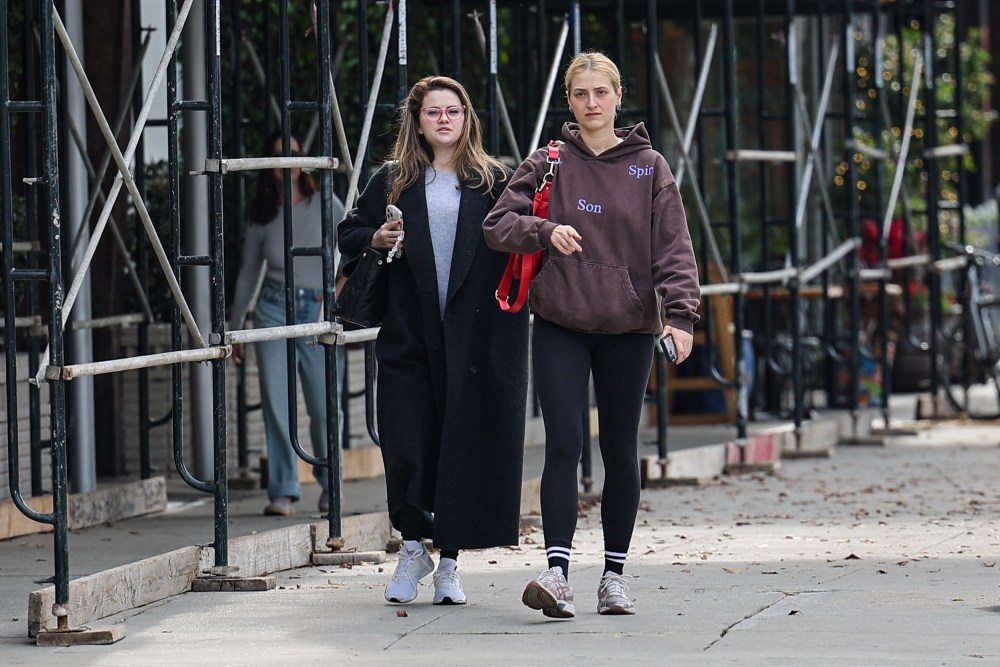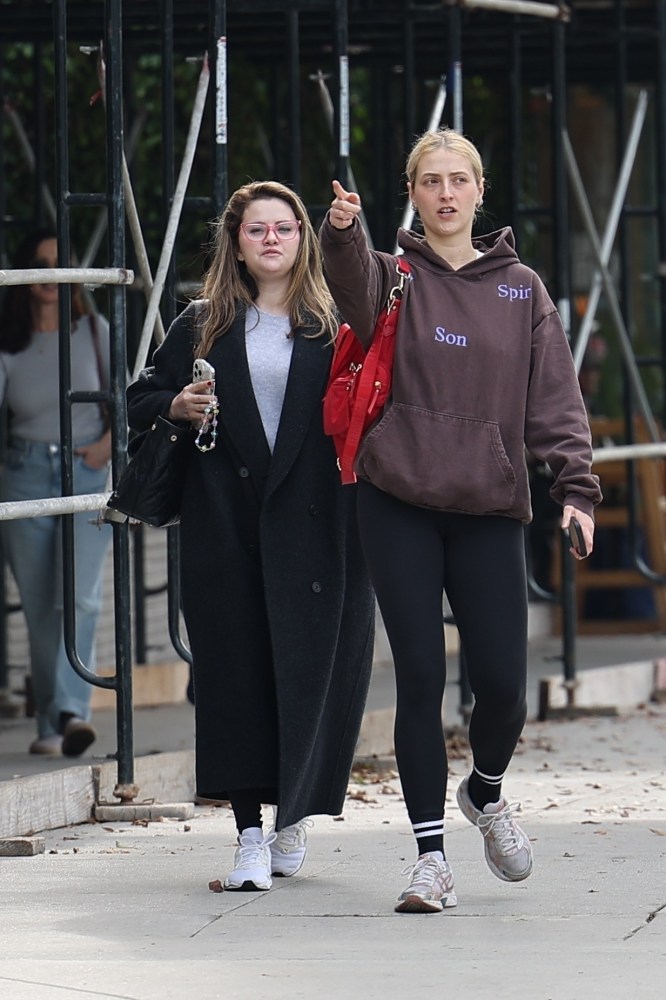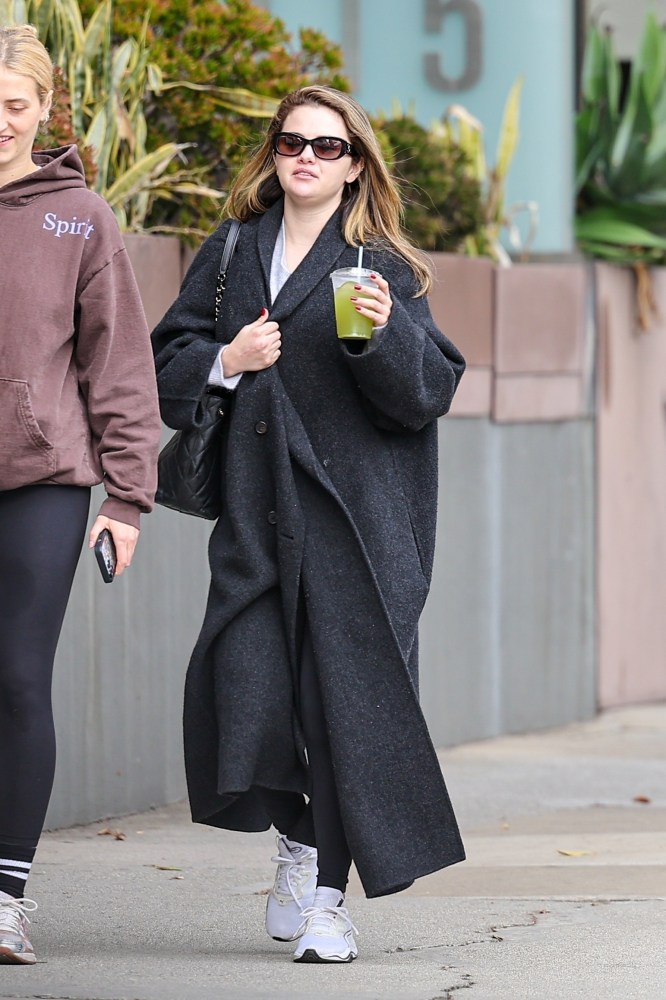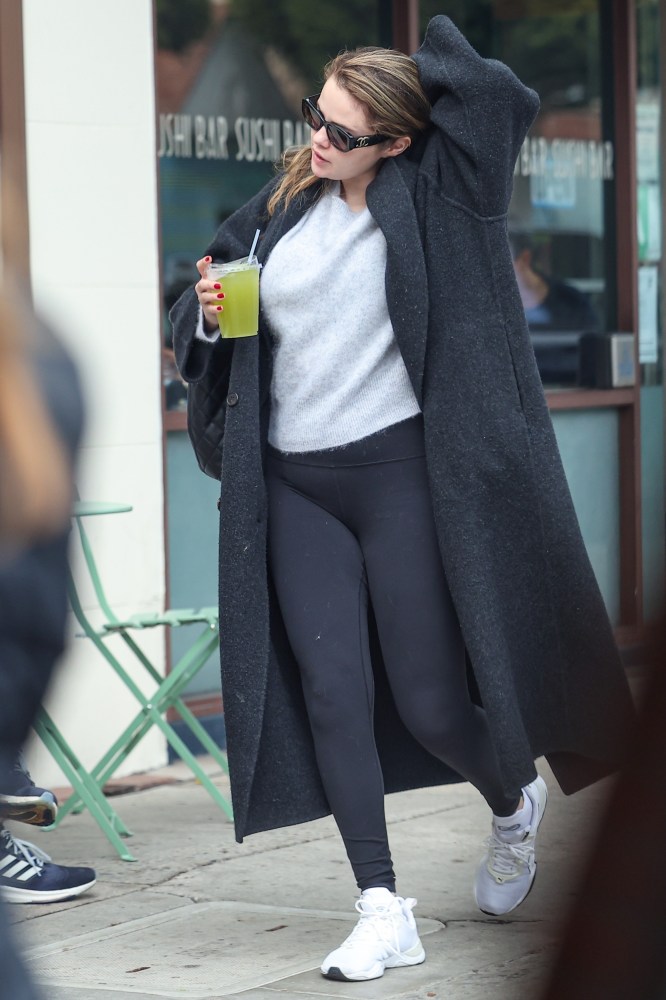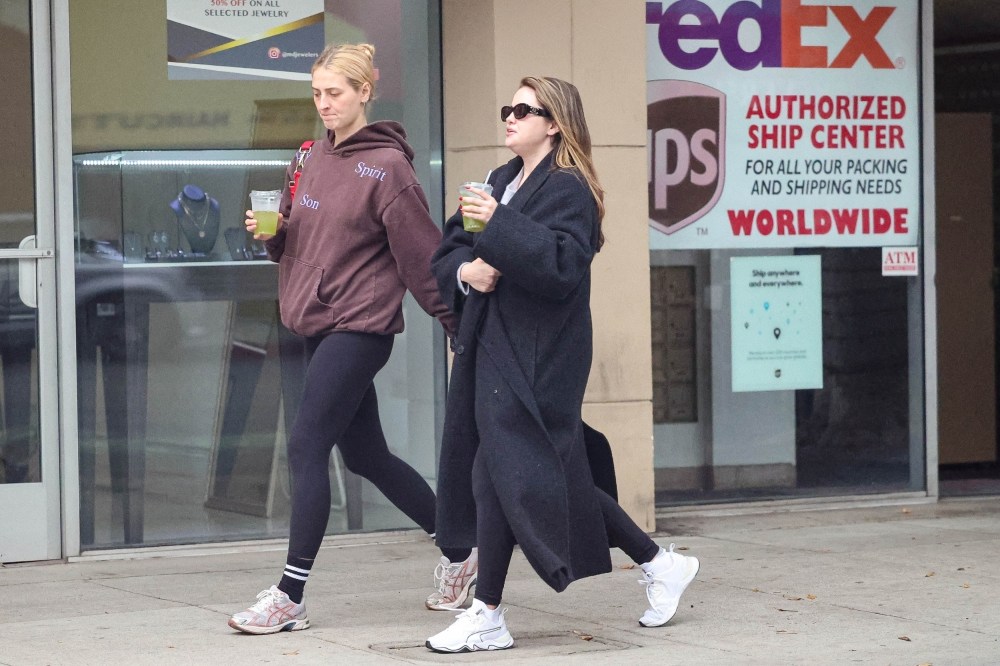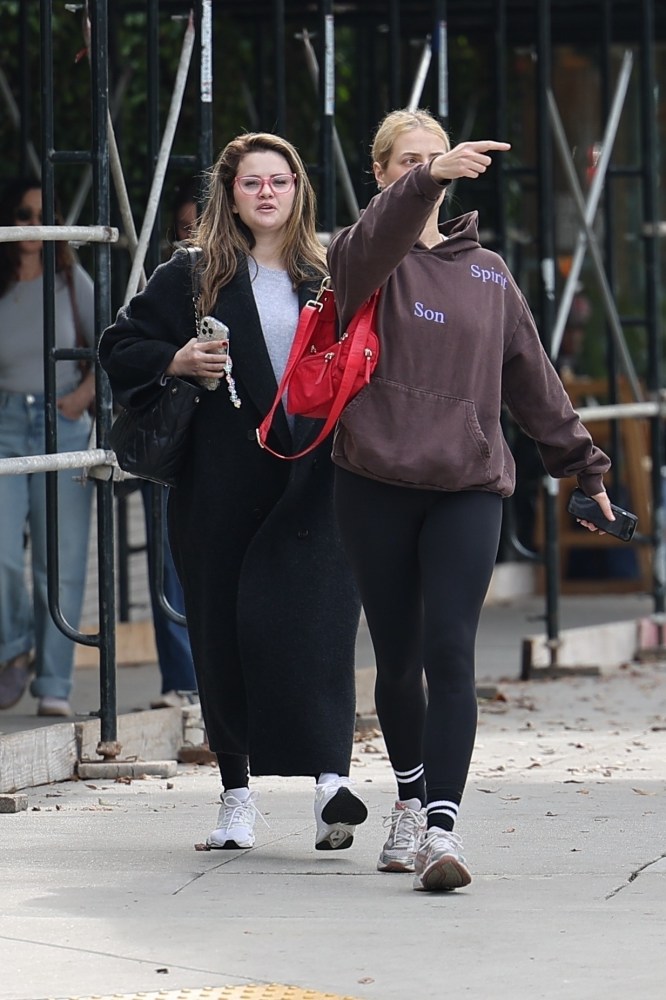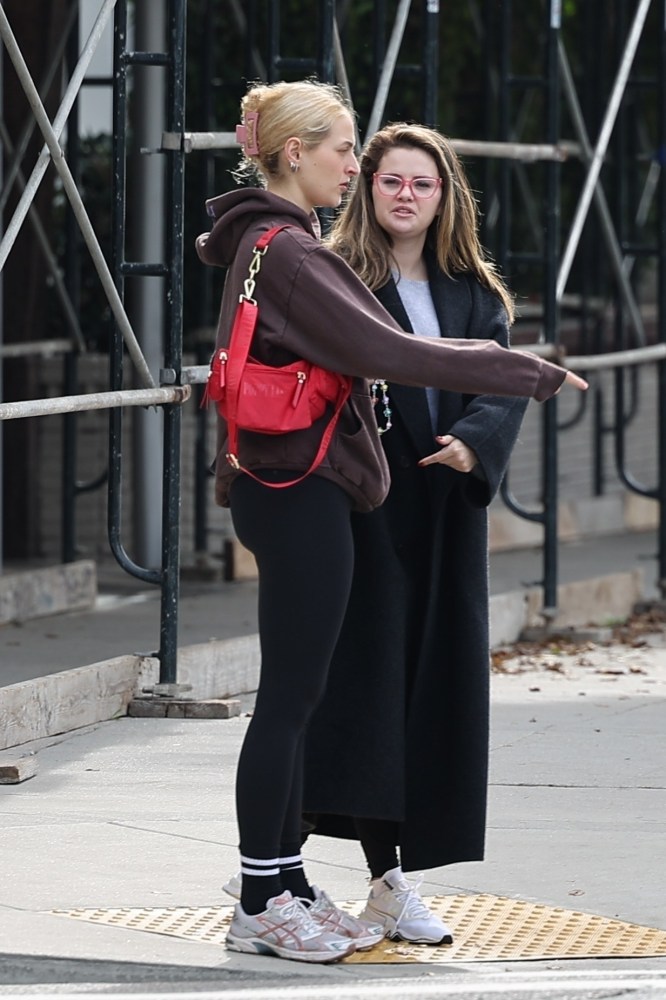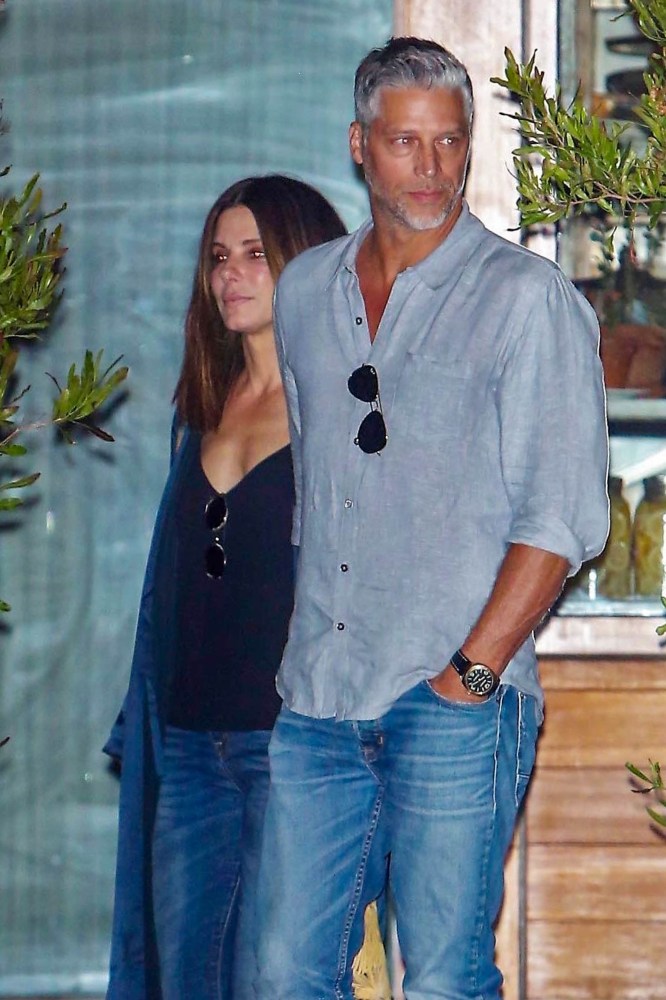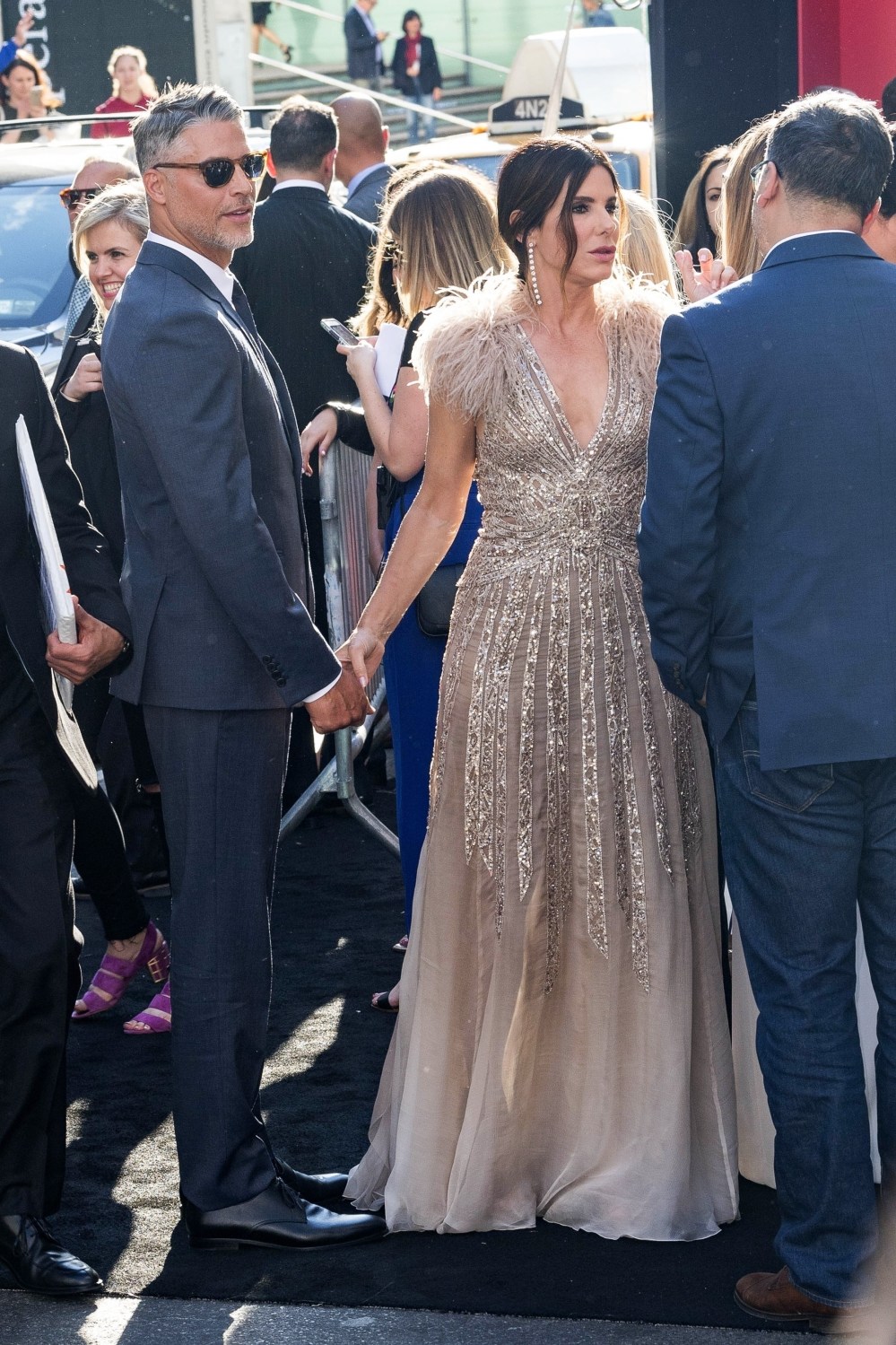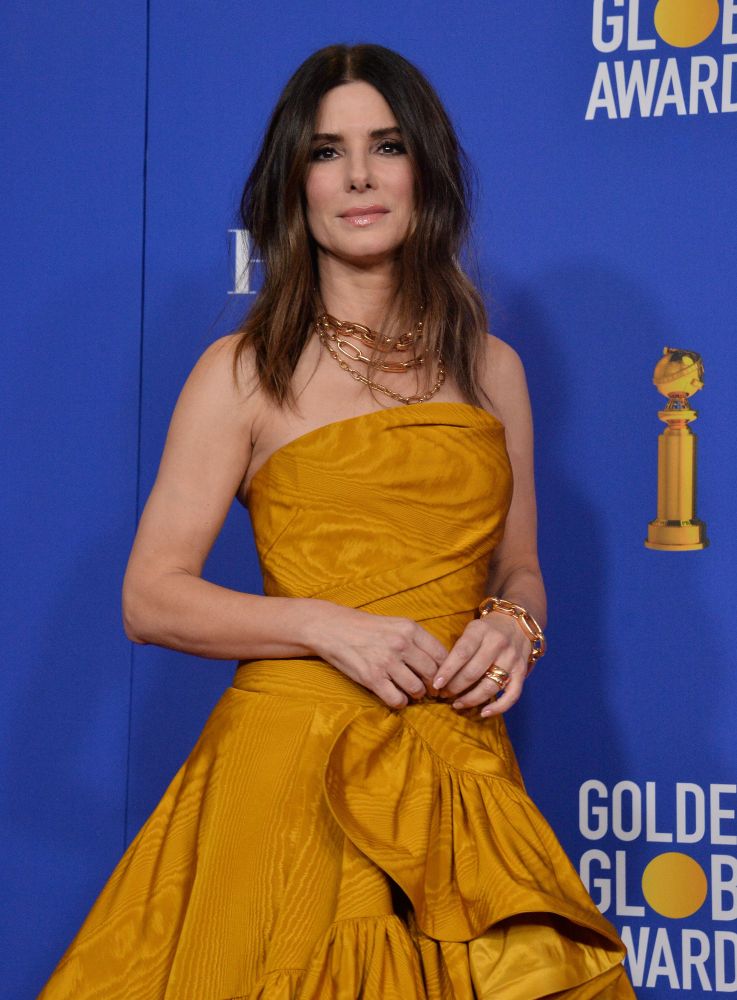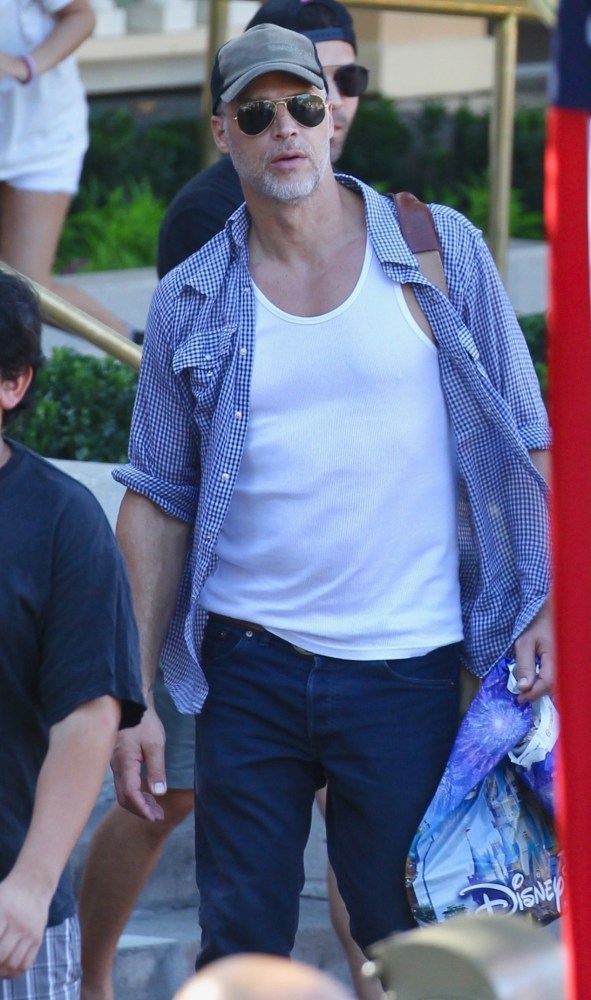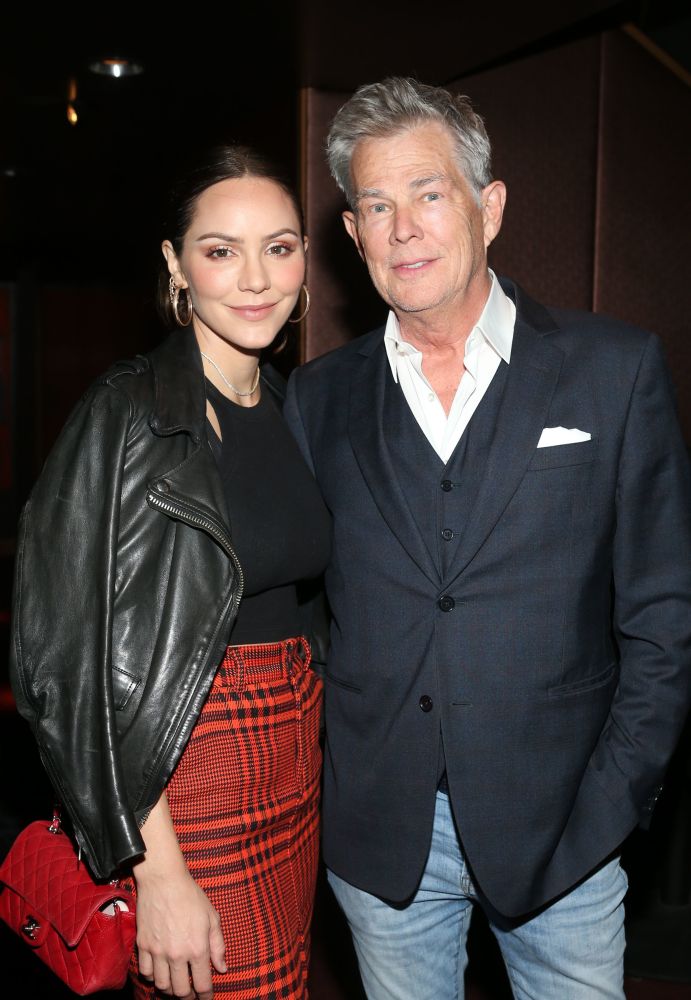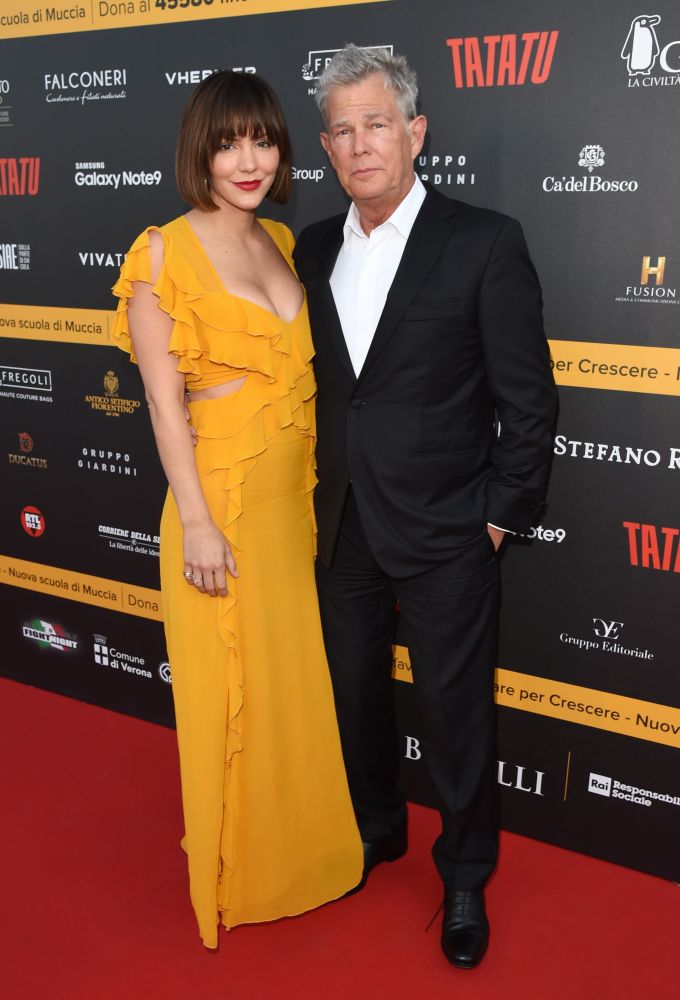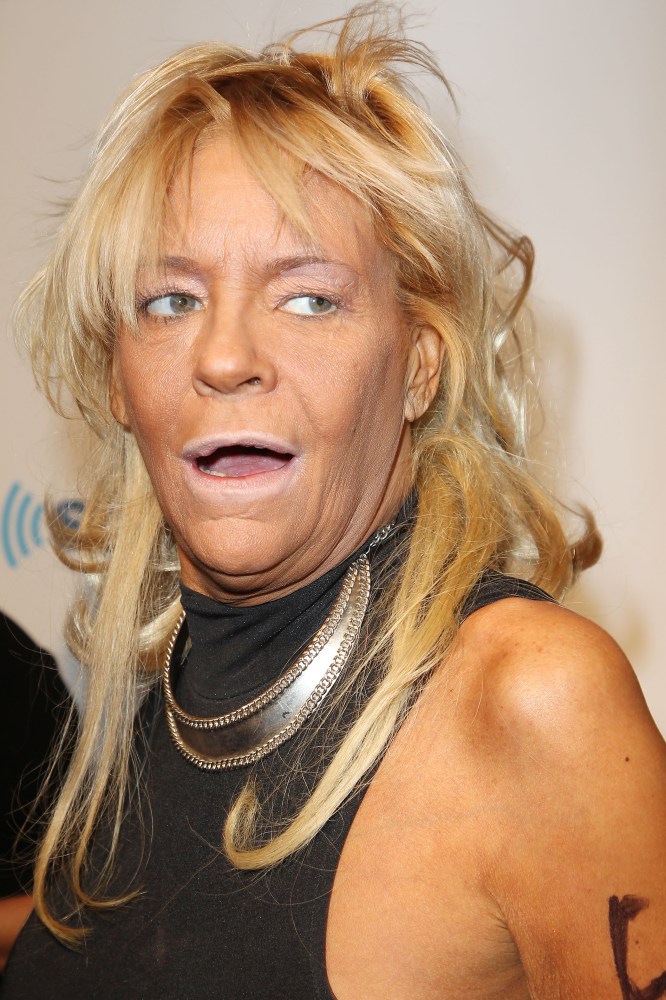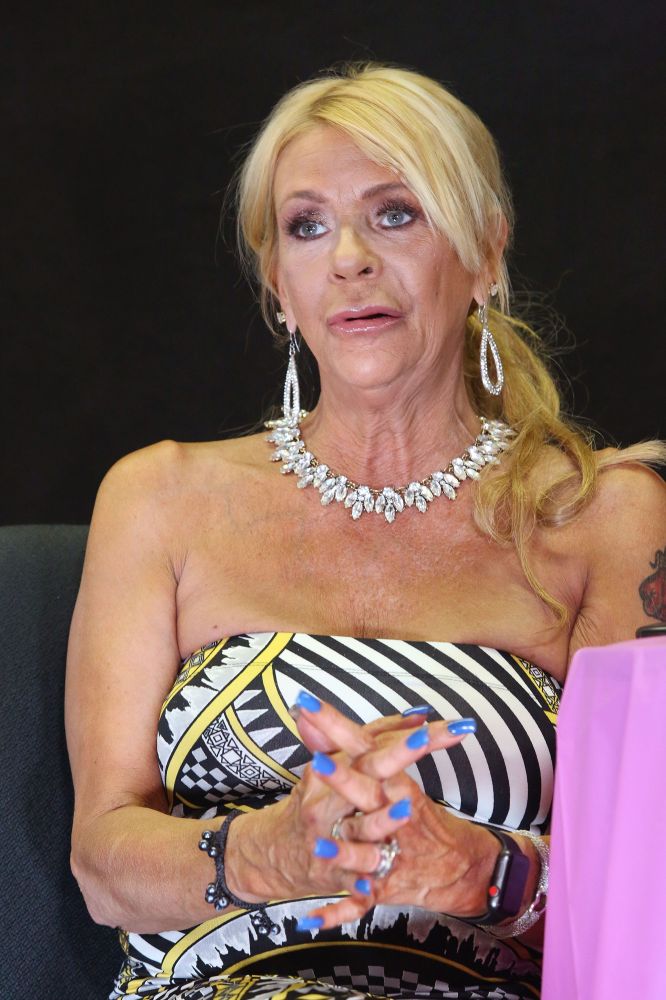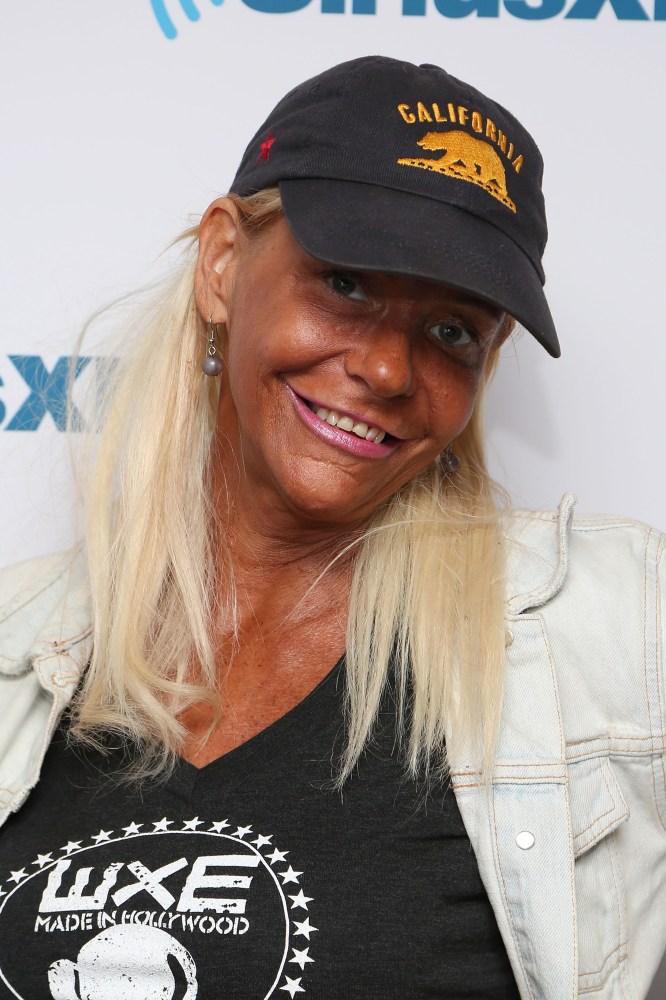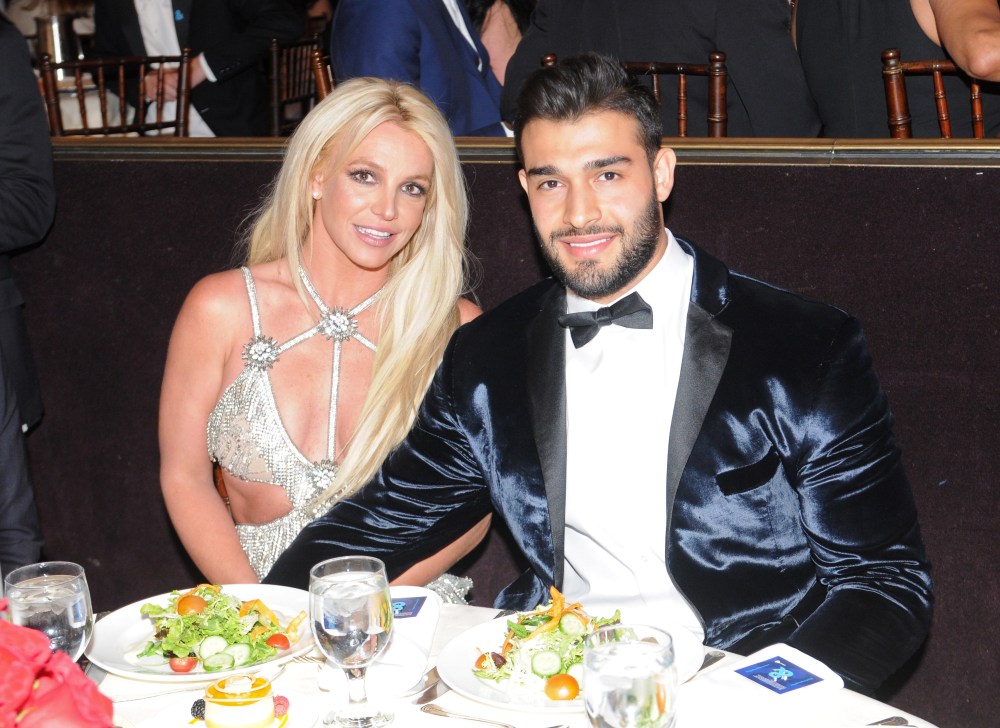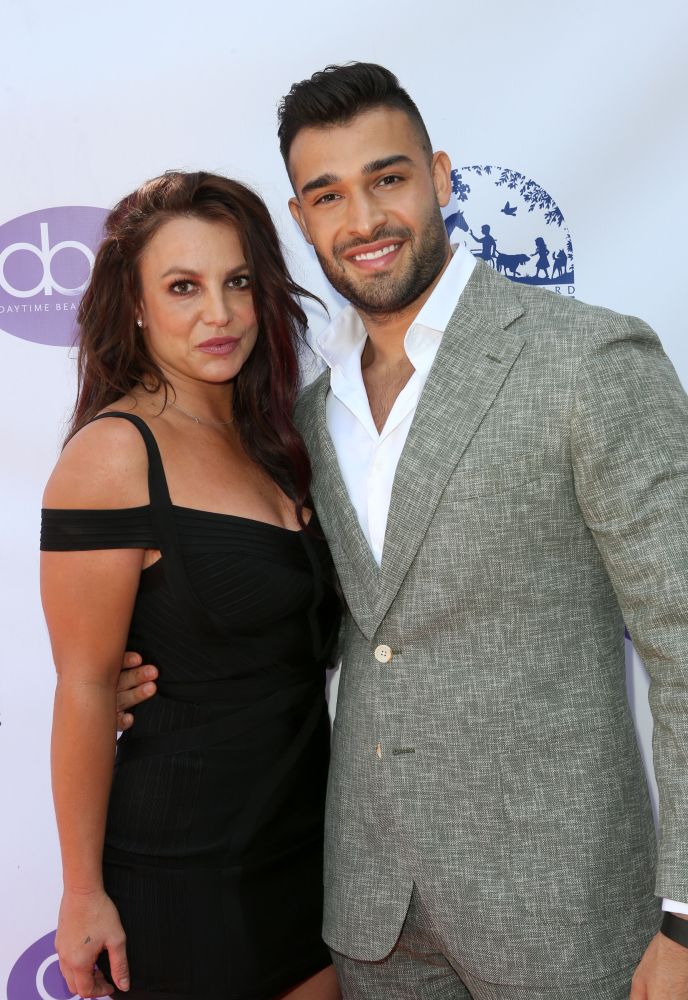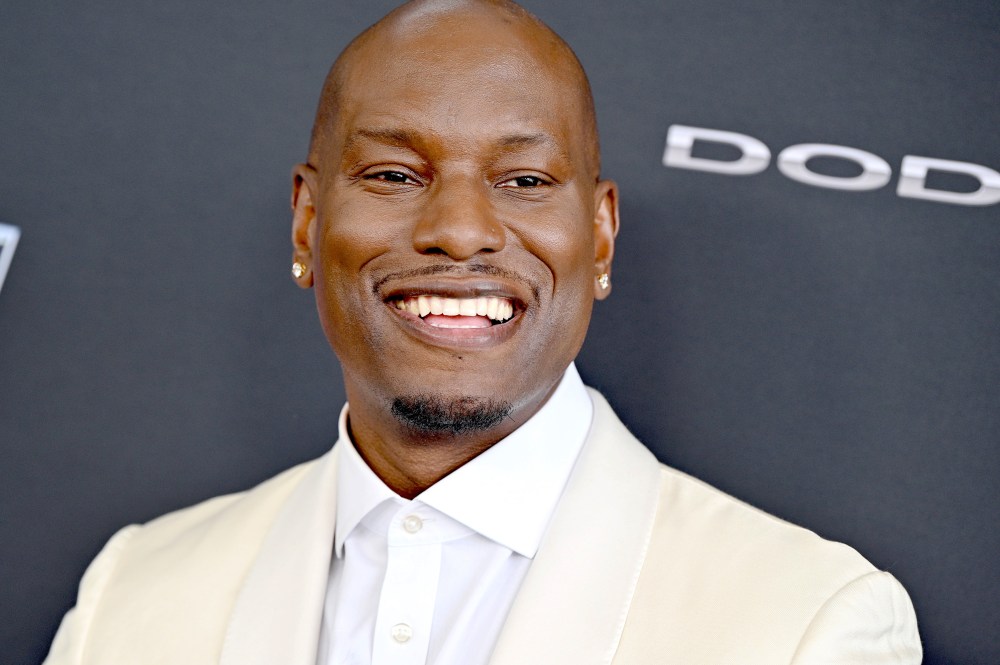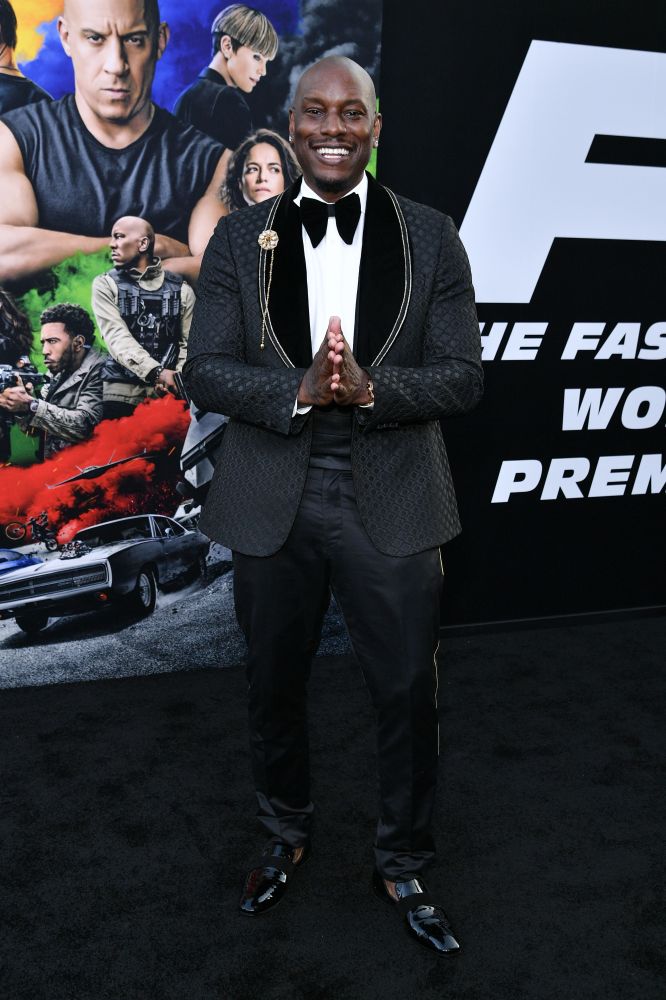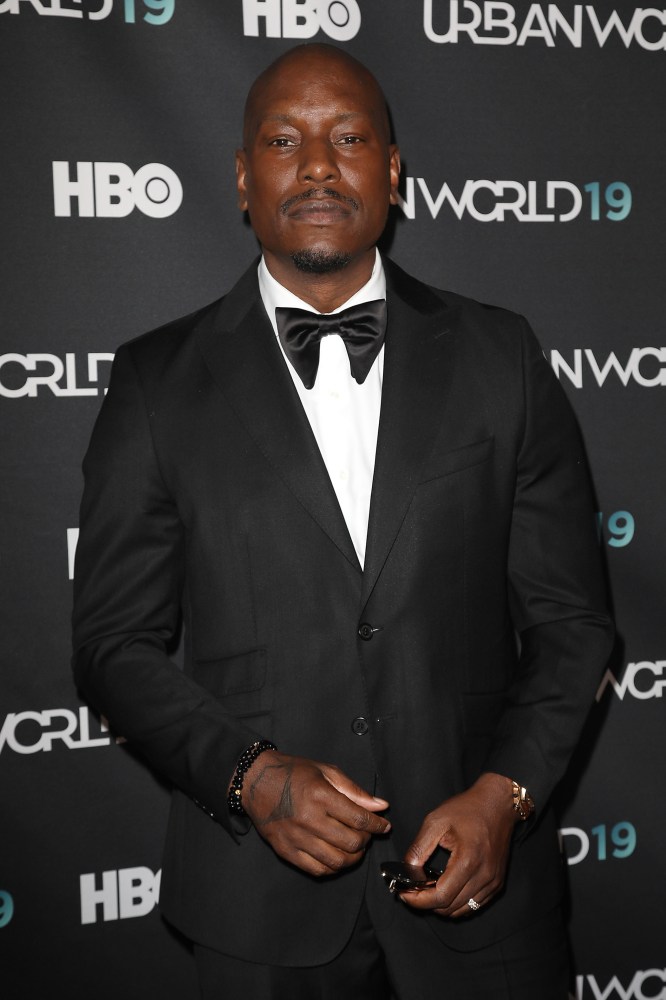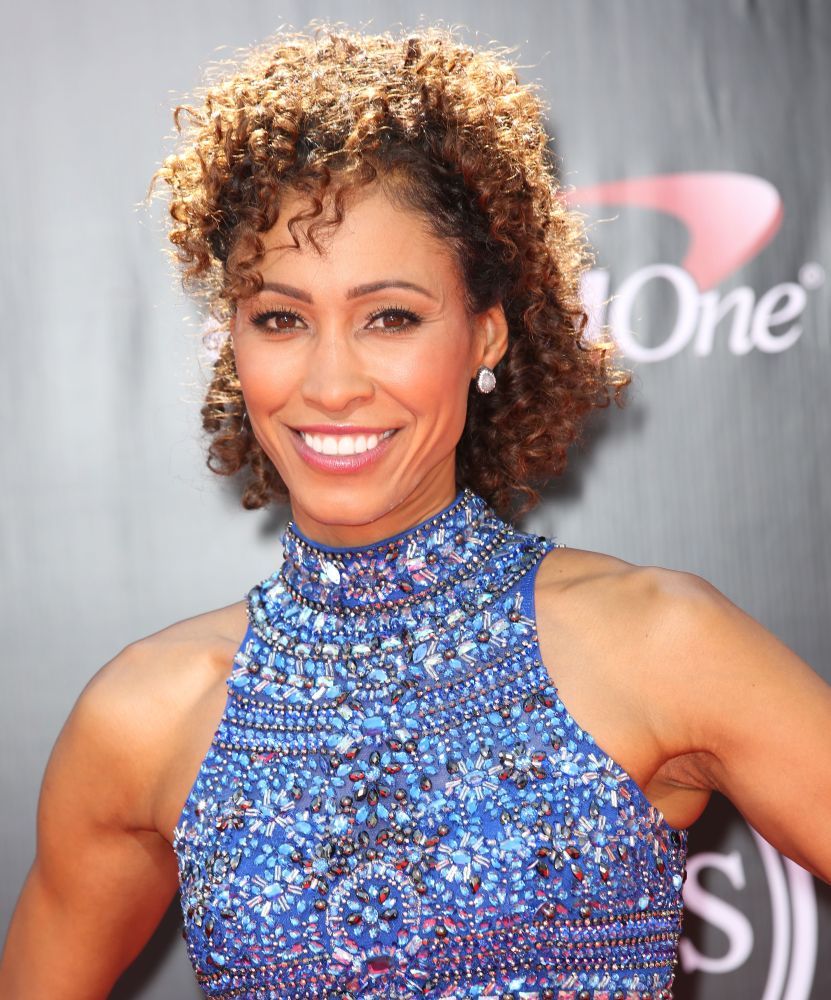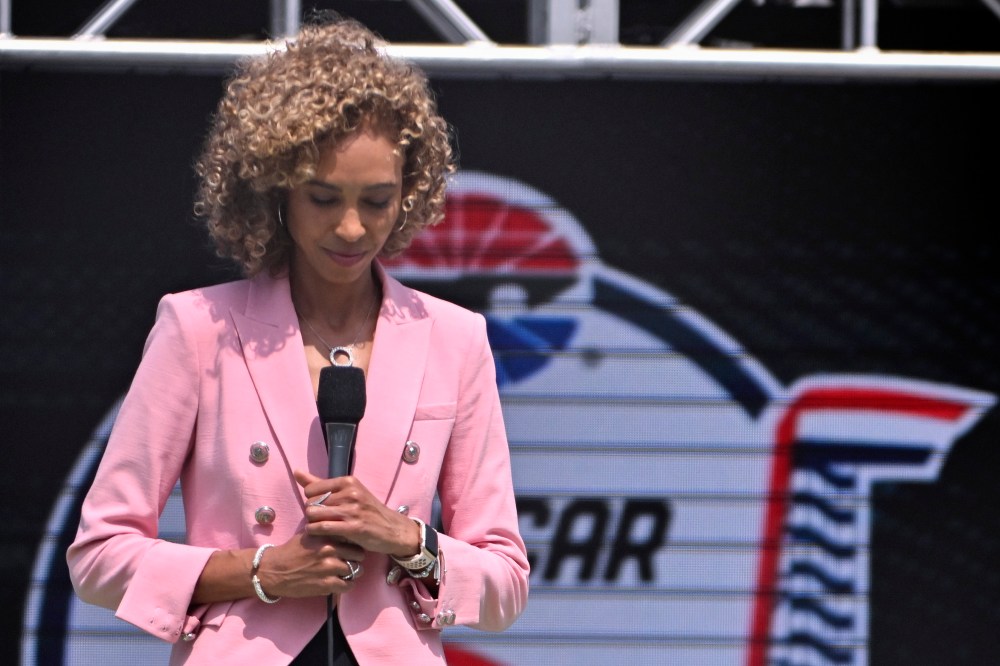When she was still an up-and-comer in Hollywood, Amber Heard was told to keep her sexuality to herself.
She didn't, but, then again, she does't really label her sexuality either. Although she's dated men and women — and was married to Johnny Depp — she says she's not straight or gay or bisexual.
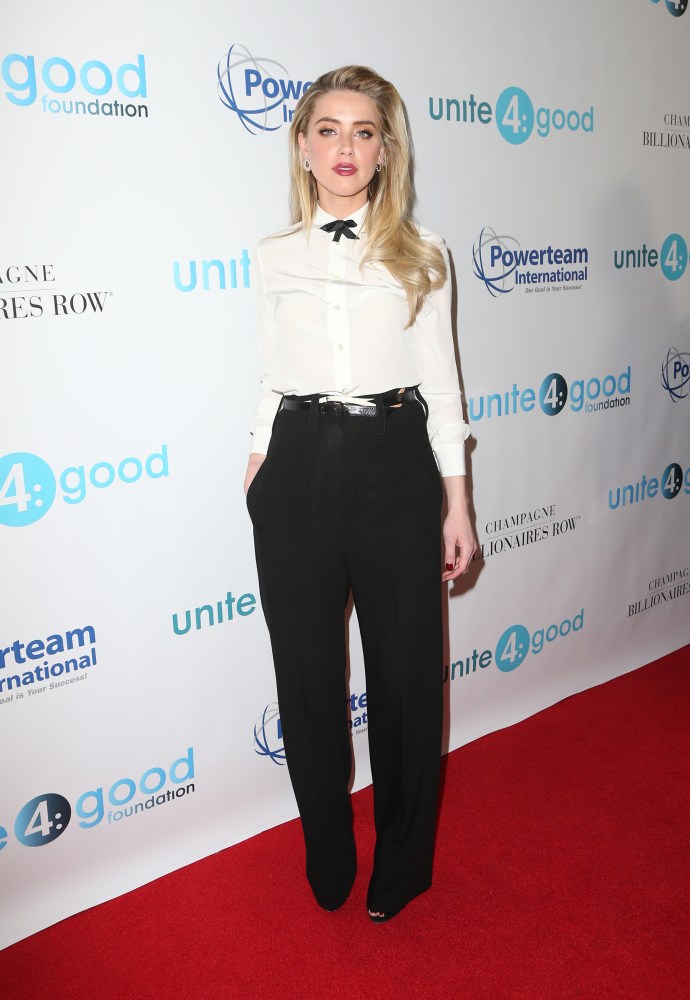 FayesVision/WENN.com
FayesVision/WENN.com
"I don't identify as anything," she told Allure for its "fantasy issue." "I'm a person. I like who I like. I happened to be dating a woman, and people started taking pictures of us walking to our car after dinner. I [was] holding her hand, and I realized that I have two options: I can let go of her hand and, when asked about it, I can say that my private life is my private life. Or, I could not let go and own it."
Amber owned it, but not everyone thought this was a good idea. The "Justice League" star was told executives told her she couldn't date men and women and be a romantic lead in films.
"Everyone said, 'You're throwing it all away. You can't do this to your career,'" Amber recalled. "They pointed to no other working romantic lead, no other actress, that was out. I didn't come out. I was never in. It's limiting, that LGBTQ thing. It served a function as an umbrella for marginalized people to whom rights were being denied, but it loses its efficacy because of the nuanced nature of humanity."
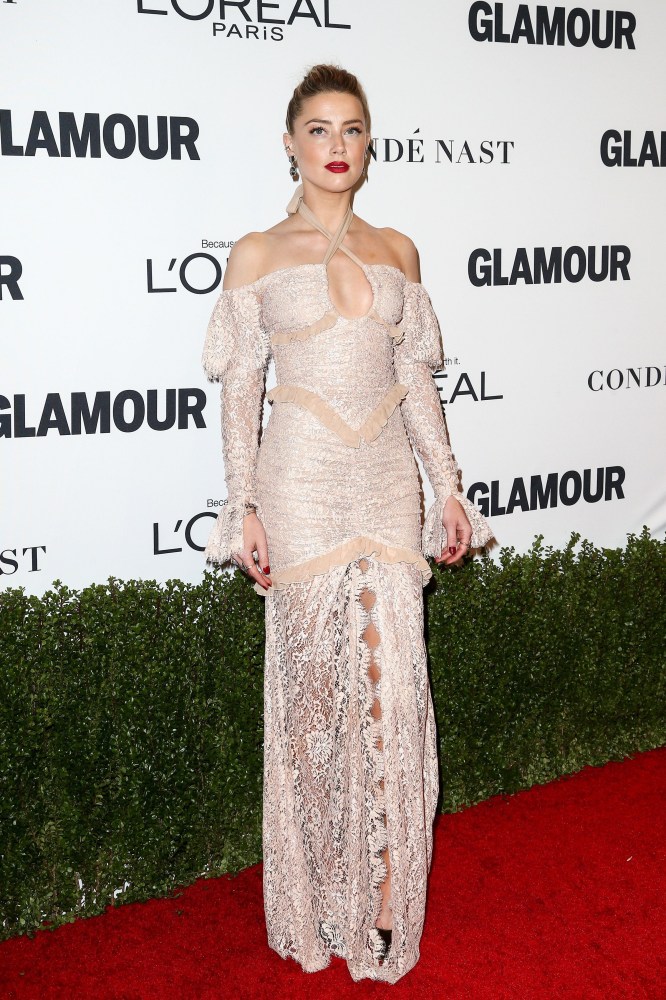 Rex USA
Rex USA
She continued, "As we become more educated and expand the facts of our nature, we keep adding letters. It was a great shield, but now we're stuck behind it. It's so important to resist labels. I don't care how many letters you add. At some point, it's going to spell 'WE ARE HUMAN.' "
Clearly, Amber is passionate about the topic, and she says the past dictates where we're going in the future.
"Equality shouldn't be up for debate. Are you for equal treatment of persons? I'll let you think about it," she said. "History tends to favor those on the right side of it. Whether it's civil rights in 1962 or suffrage in 1914 or gay rights in 2007. All of these debates seemed specific at the time, but if you pull back to the macro, there's a trend: fairness. Justice is not as nuanced or delicate as it's made out to be. And as the texture of our culture changes, [equality] will manifest differently in our debates."


